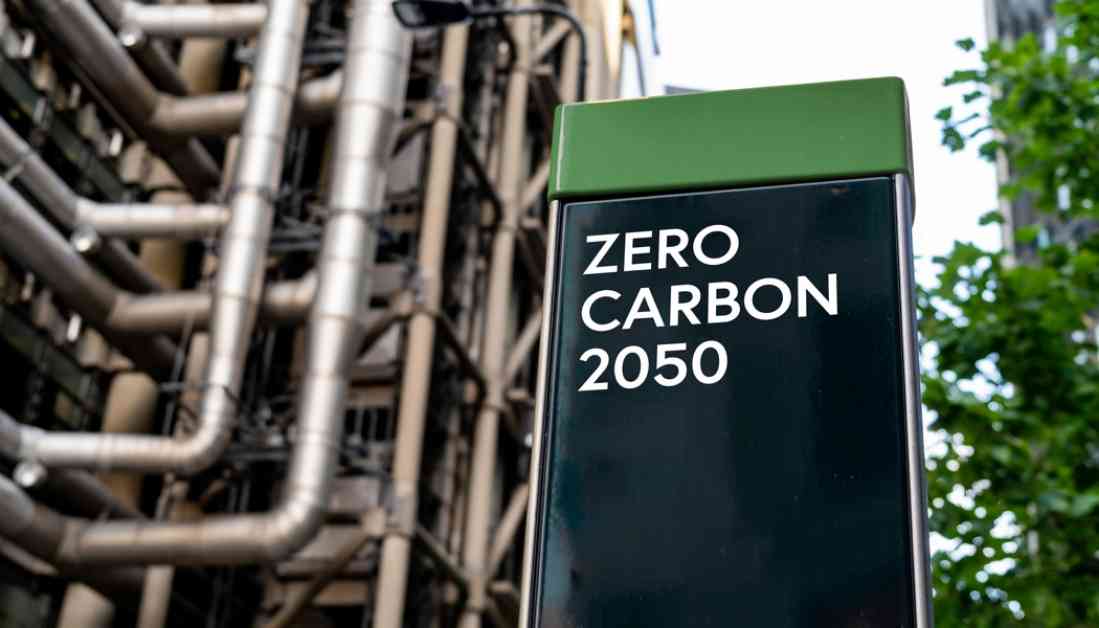A recent study published by Net Zero Tracker highlighted the challenges faced in implementing net-zero pledges worldwide. Despite the increasing number of countries, companies, and cities committing to slashing carbon emissions, the study found that many of these pledges lack concrete strategies and integrity.
The annual review conducted by Net Zero Tracker, a research partnership consisting of four organizations, assessed the climate pledges of over 4,000 governments, states, cities, and major corporations. While nearly 60 percent of the approximately 2,000 listed companies have committed to eliminating their carbon footprints, there is still room for improvement.
According to Catherine McKenna, the chair of the UN high-level expert group on net-zero commitments, progress has been made, but more ambitious targets are necessary to combat climate change effectively. Although the number of companies without any plans to reduce emissions has decreased significantly, almost half of the world’s largest 100 private firms have chosen not to set climate targets.
Publicly-listed companies are leading the way compared to their private counterparts, with 82 out of the top 100 publicly-listed companies having net zero or emissions reductions targets. On the other hand, only 40 private companies, with a combined annual revenue of over $2 trillion, have set net zero targets. This discrepancy highlights the need for greater commitment from private firms to address climate issues.
When it comes to countries, 148 nations have established net-zero goals, except for Azerbaijan, which is a notable exception. The report also noted that while a growing number of state governments and cities are setting their own targets, fewer than 5 percent of entities across companies, states, and regions have met the minimum criteria required to demonstrate the credibility of their pledges.
To effectively combat climate change and limit global warming to 1.5 degrees Celsius, scientists emphasize the need to halve global emissions by 2030 and achieve net zero emissions by mid-century. This requires not only setting ambitious targets but also implementing concrete strategies to reduce greenhouse gas emissions across all sectors.
Furthermore, it is essential for companies to move beyond relying solely on carbon credits and invest more in reducing their overall emissions. By taking these steps, countries, companies, and cities can work towards fulfilling their net-zero pledges and mitigating the impacts of climate change on a global scale.
